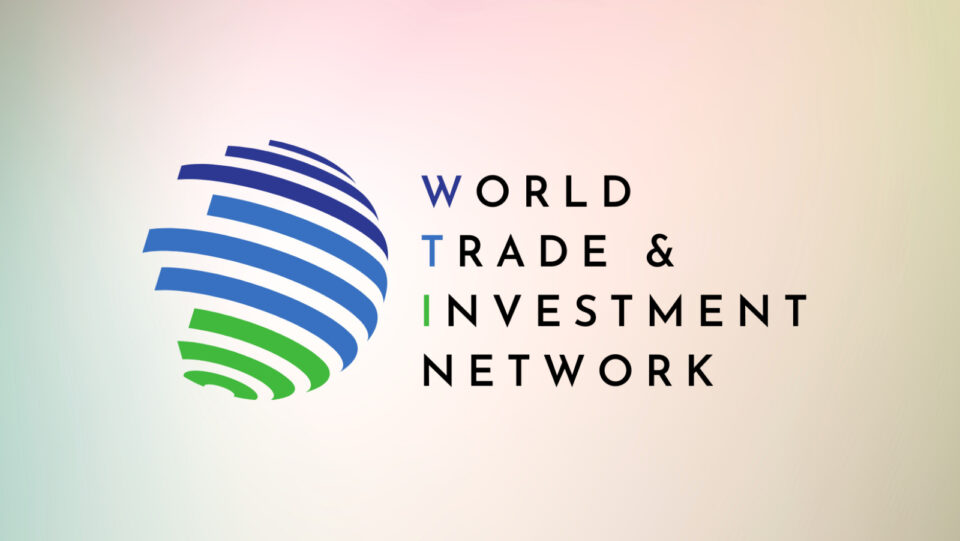Small and medium-sized enterprises (SMEs) face unique challenges and opportunities when participating in global trade. Here’s an overview of these factors:
Challenges:
- Access to Finance: SMEs often struggle to access the financial resources required for international expansion, including capital for export and compliance with trade regulations.
- Regulatory Complexity: Navigating complex international trade regulations and customs procedures can be daunting for SMEs, leading to delays, compliance issues, and additional costs.
- Market Entry: Entering foreign markets can be challenging, especially when competing with larger, established players. SMEs may need to adapt their marketing, branding, and distribution strategies.
- Supply Chain and Logistics: Managing supply chains across borders can be complicated, with potential issues related to transportation, customs, and inventory management.
- Risk Management: SMEs may have limited resources for risk management, leaving them vulnerable to economic, political, and currency risks associated with international trade.
Opportunities:
- Global Market Expansion: International markets offer SMEs the potential to expand their customer base and grow their businesses beyond domestic limitations.
- Niche Markets: SMEs can excel in niche markets, offering unique products or services that cater to specific customer needs.
- E-commerce and Digital Platforms: E-commerce and digital platforms enable SMEs to reach global audiences with minimal infrastructure or marketing expenses.
- Networking and Partnerships: Collaborating with other businesses, trade associations, and governmental export assistance programs can provide SMEs with valuable resources and expertise.
- Export Financing: Various government programs and financial institutions provide export financing options tailored to the needs of SMEs.

SMEs considering international trade should leverage the available resources, such as export financing programs and business development organizations, to overcome challenges and seize opportunities. Collaborative partnerships and digital platforms can help SMEs tap into global markets effectively. Moreover, ongoing education and support in international trade practices can benefit SMEs as they expand into global markets.




